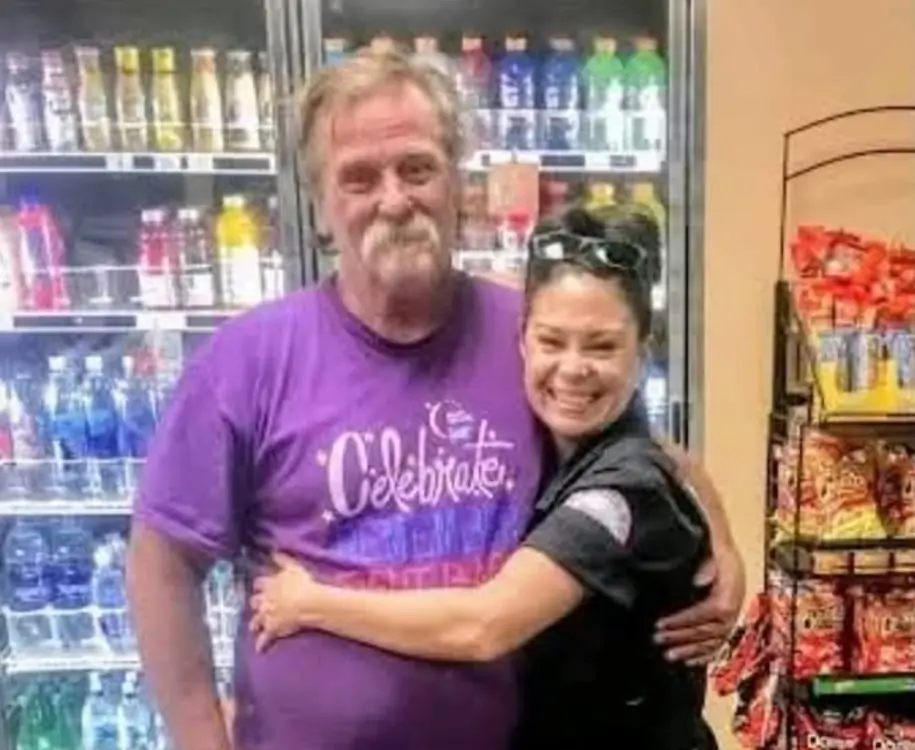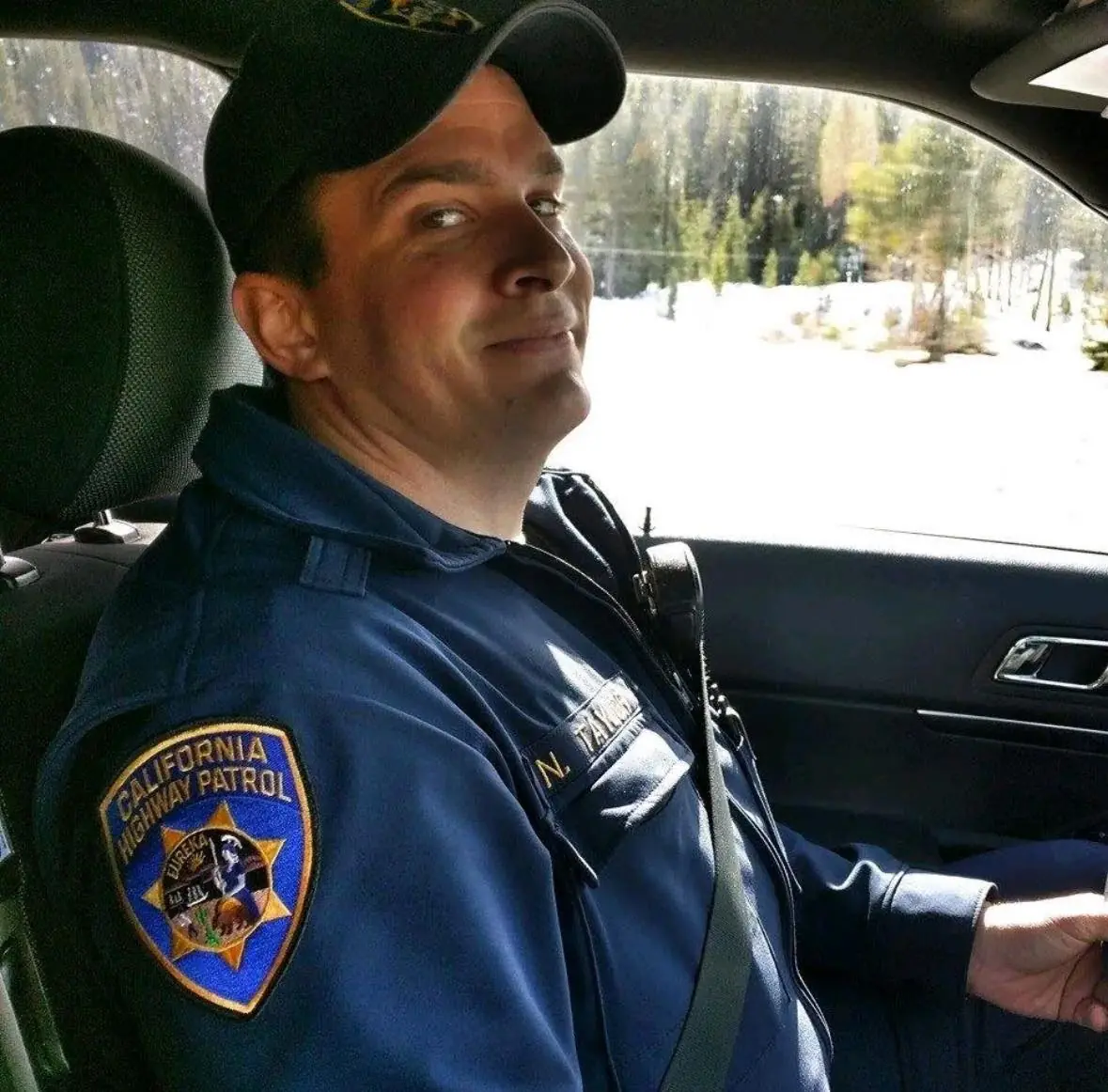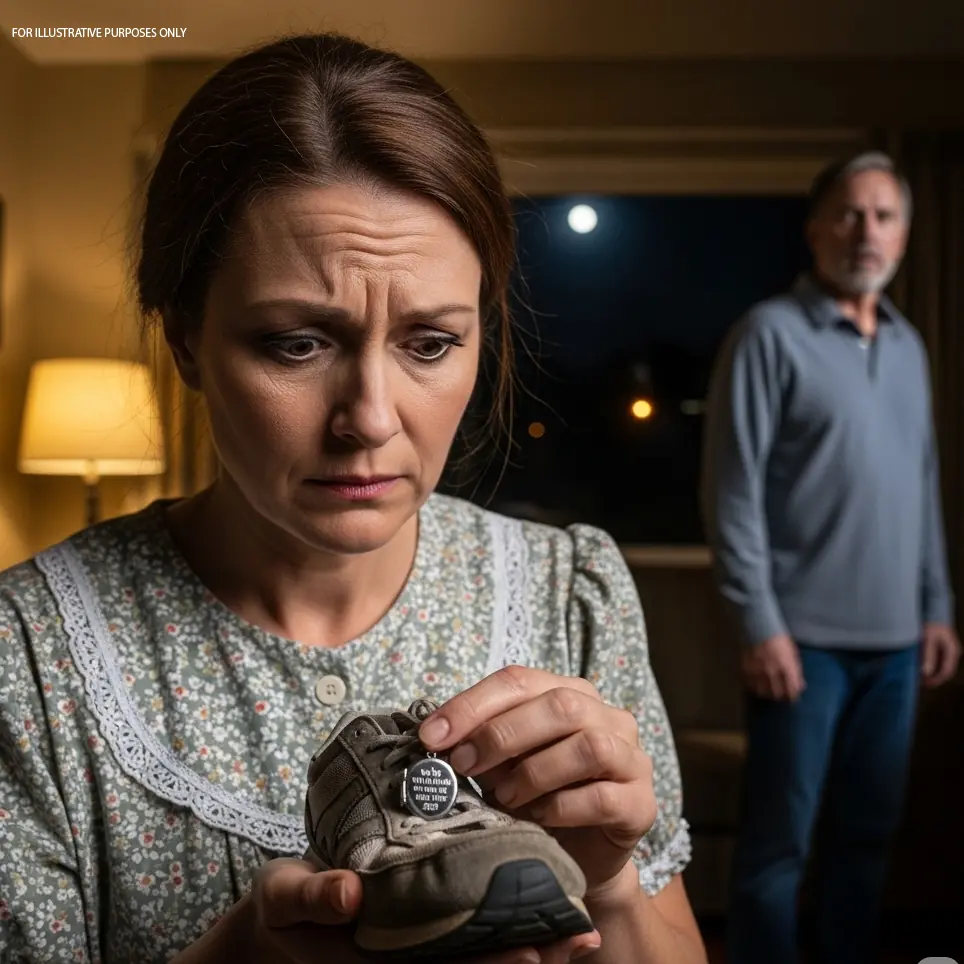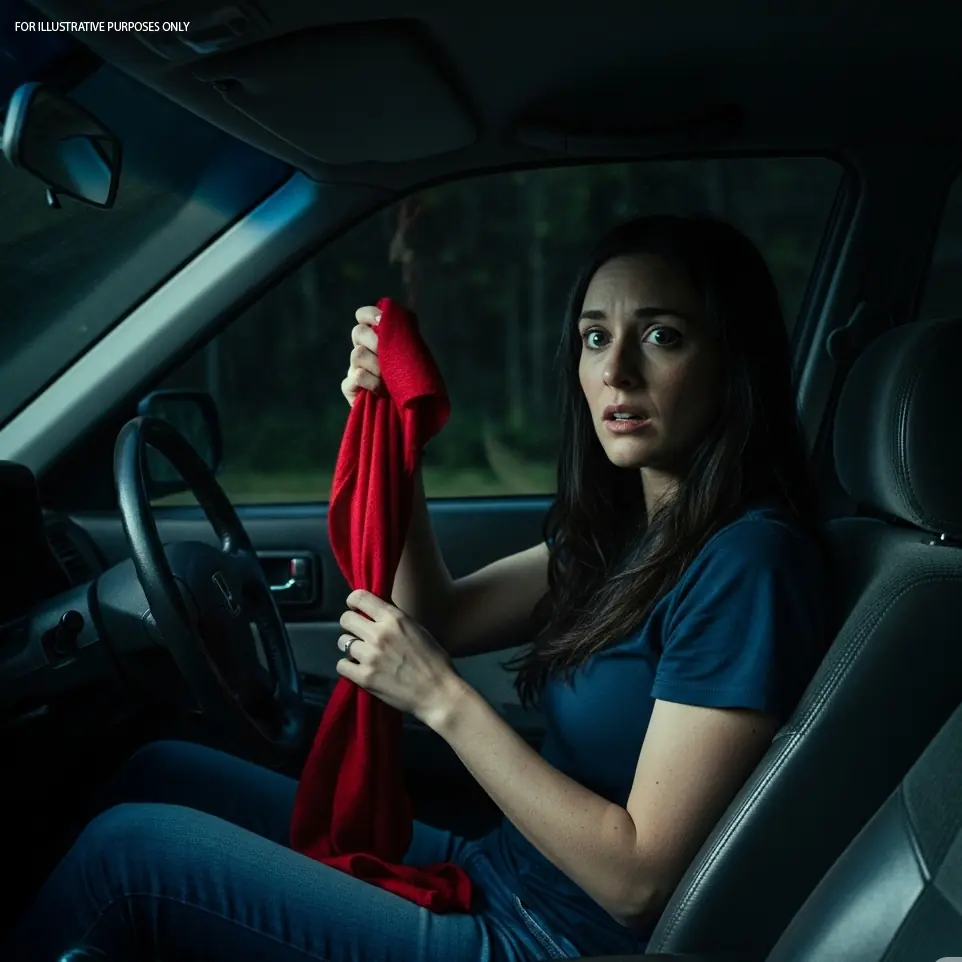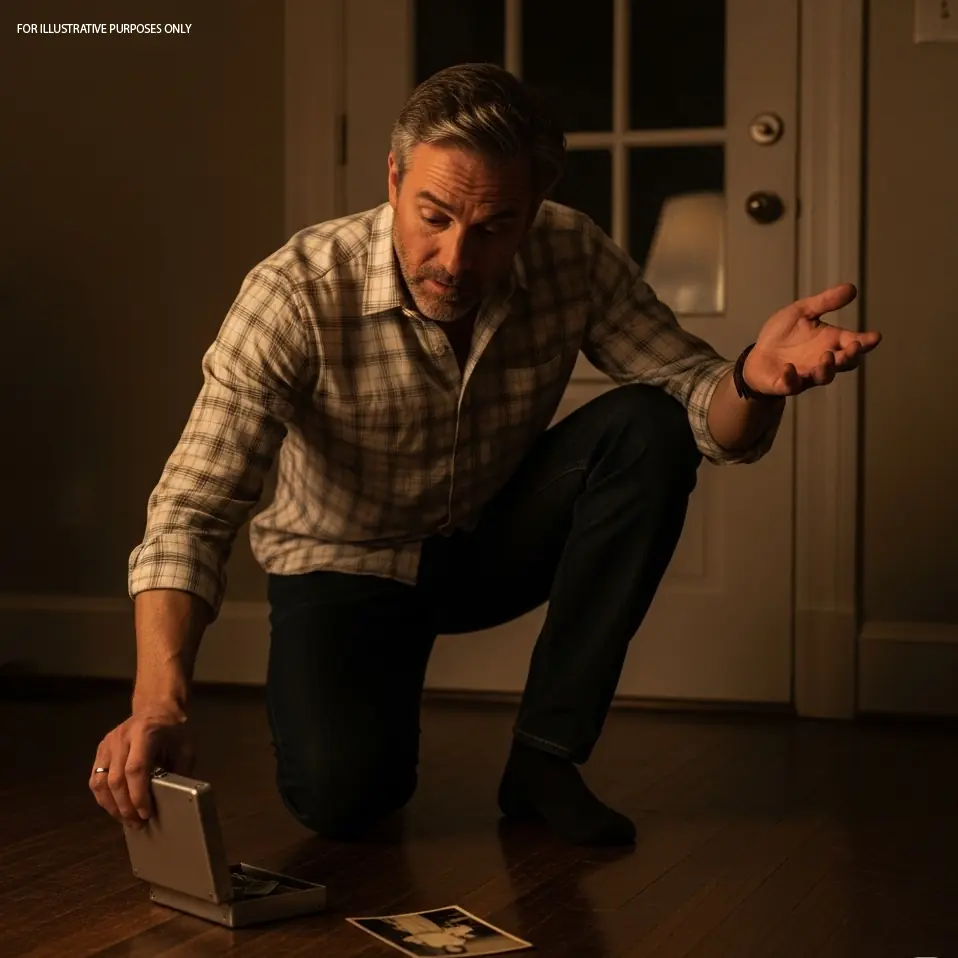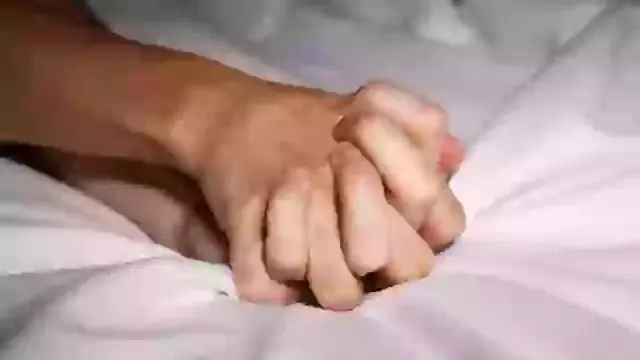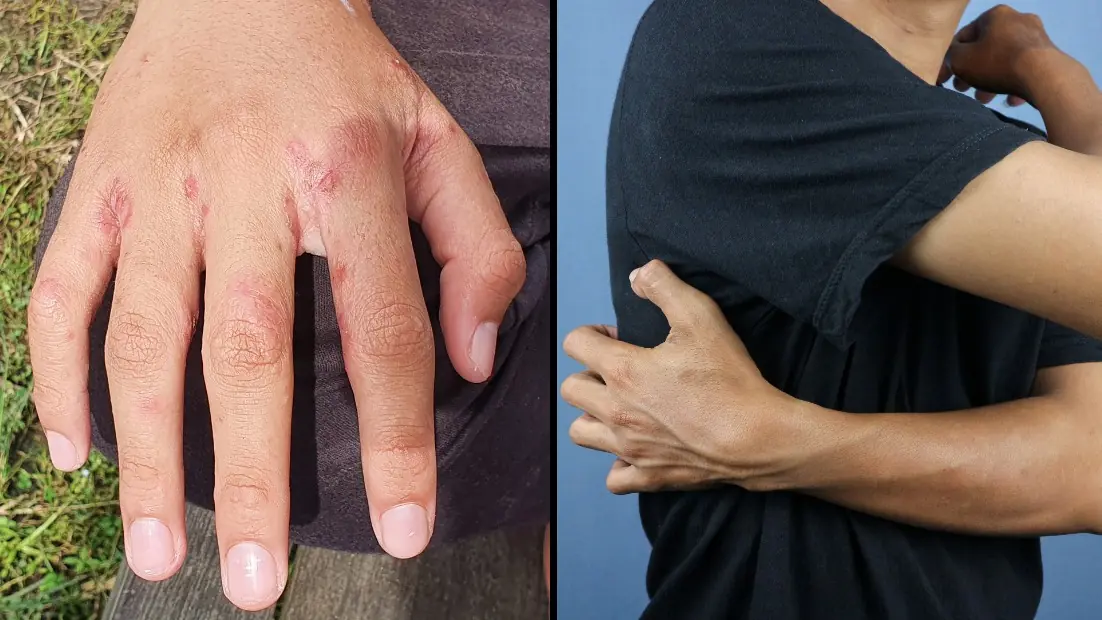 Part I: The Dream That Took Over
Part I: The Dream That Took Over
I had always admired the way my husband, David, approached life. He was driven, determined, and always searching for ways to push himself. We had met when we were both in our late twenties, passionate about fitness. Our first dates were filled with long runs, weekend hikes, and healthy meals. Our shared love for staying active brought us closer together, and I knew that we would build a future grounded in the things that mattered most to us.
Fast forward fifteen years. We were married with three kids under 10, and life had a way of taking over. Juggling the demands of parenthood and maintaining our careers made time for personal fitness feel like a luxury. But David always managed to find a way to stay in shape—he was disciplined, often waking up at 5 AM to work out before heading to his job.
We had our routine, our family time, and our shared values. But last year, David came to me with a new idea: he wanted to train for a triathlon. At first, I thought it was just a passing interest—something he’d do for a few weeks, get it out of his system, and then return to normal life.
But I was wrong. Very wrong.
David dove headfirst into the triathlon training. It consumed him. It wasn’t just a couple of hours a week—it was hours every single day. He would wake up before the sun rose, h!t the gym, and then after work, he’d bike for hours or go on long runs. The entire house seemed to revolve around his training schedule. As much as I tried to be supportive, it felt like I was losing him. It wasn’t just that he was busy—he was disappearing from our lives.
I remember those months vividly. There were days when I’d make dinner for the kids, get them ready for bed, and then find myself alone on the couch, scrolling through social media, waiting for David to return. I was managing everything, from school drop-offs to laundry, while David was out training. The worst part? He wasn’t even seeing our kids. It wasn’t intentional, but he was absent. And the worst part was that I was beginning to resent the very thing that had brought us together in the first place—his passion for fitness.
One day, I had reached my breaking point. He came home from yet another long bike ride, sweaty and tired, his eyes sparkling with excitement. “I finished the route in record time!” he said, grinning.
“Great,” I said, trying to sound cheerful but failing miserably. “Did you see the kids today? Did you even talk to them?”
His smile faltered. “I’ll do it tomorrow, I swear.”
But there was no “tomorrow.” Tomorrow was another bike ride, another run. And we were no closer to having the balance I craved. Our family time was slipping away, and I felt like I was losing my husband to his hobby.
Part II: The Breaking Point
It all came to a head after he completed his first triathlon. I was proud of him, of course. He’d worked hard, and the look on his face when he crossed the finish line was priceless. But that evening, after the celebration, he told me he wanted to train for another one. And that’s when it h!t me like a ton of bricks.
I looked at him, trying to mask my growing frustration, and said, “David, I can’t keep doing this. I can’t keep supporting you if this is what it means for our family. We have kids. I need you here, with us.”
He blinked, surprised by my sudden outburst. “What do you mean? I’m doing this for us. It’s a good goal, a challenge. You’ve always supported me.”
“I know,” I said, my voice trembling. “But it’s not just a challenge. It’s taking you away from us. It’s not just the hours you spend training. It’s the hours you don’t spend with your kids. You’re missing out on everything.”
His face grew darker. “I’m not asking you to quit your job or your hobbies. Why can’t you just let me do this?”
I knew I had to be firm. “I’m not saying you can’t have your hobbies. But this is different. You’re choosing this over your family, and I can’t just sit here and watch you ignore us.”
His eyes narrowed. “So, you want me to stop chasing my dreams?”
“I just want us to be a family,” I said, the weight of the words settling in. “And I don’t think I can keep going like this. I need you here, with us. Or maybe it’s better if we part ways.”
He stared at me in disbelief. “Are you serious? You’d leave me over something like this?”
“I don’t want to,” I whispered, my voice barely audible. “But I don’t know how much longer I can do this.”
It was an ultimatum, though it didn’t feel like one. It felt like a plea for him to see what was slipping away. But his response h!t me like a slap in the face.
“You don’t understand,” he snapped. “This is what makes me happy. You’re being unsupportive.”
Part III: The Breaking Point—Continued
The days that followed were filled with silence. David didn’t train for the triathlon anymore, but the tension between us was unbearable. Every time I tried to talk to him about how I felt, he shut down. Every time I asked him to help more with the kids or spend more time at home, he responded with defensive silence or angry remarks. He was resentful, and I could feel it.
And then, he dropped the bomb. “I’ve been thinking about it, and I don’t think I can keep doing this if you can’t support me.”
His words echoed in my head, a final, harsh confirmation of everything I had feared. I was losing him to something that wasn’t just a hobby—it was an obsession.
“I am supporting you,” I said, fighting to hold back tears. “But I’m not your second choice. You can’t keep choosing this over our family. It’s not healthy for any of us.”
And with that, he stopped talking. He went back to his training—slipping into the same patterns, sneaking in early morning runs, locking himself in the garage with his equipment. I could feel the distance growing between us, and I wasn’t sure how to reach him.
Part IV: The Moment of Change
It was late one evening, and I was sitting on the couch, trying to focus on the kids’ schoolwork when he walked in. He was still wearing his gym clothes, his hair damp from his late-night workout.
“I’ve been thinking,” he began, his voice calmer now. “Maybe you’re right. Maybe I’ve been selfish.”
I looked up at him, uncertain of where this was going.
“I can’t keep ignoring you and the kids for this. I see that now,” he said, his voice laced with regret. “I’m sorry.”
For the first time in weeks, I felt a flicker of hope. “It’s not just about the training, David. It’s about balance. I’m not asking you to give up your passions. I’m asking you to choose our family, too.”
“I understand,” he said, stepping closer. “I want to make it right.”
Part V: Moving Forward—Slowly
The next few weeks were a delicate balance. David made a conscious effort to be more present—helping with the kids, spending time with me, and focusing on our family. He gave up his triathlon training, not because I told him to, but because he realized how much he was missing out on.
But it wasn’t easy. Old habits die hard, and there were times when the pressure of balancing his personal ambitions and our family life became overwhelming. But we worked through it. Slowly. And with effort from both sides.
We sought therapy to help us navigate our challenges. We learned how to communicate better, to understand each other’s needs, and to find compromise. It wasn’t always smooth sailing, but every step forward was a victory.
Months later, as I watched David play with the kids in the backyard, I realized that sometimes love isn’t about giving up your passions; it’s about finding a way to make room for the things that matter most. It’s about building a life together, where both dreams can coexist.
As for me, I learned that sometimes an ultimatum is just the push needed to get someone to truly see you. And together, we found a new kind of balance—a family, a future, and a love that could weather any storm.
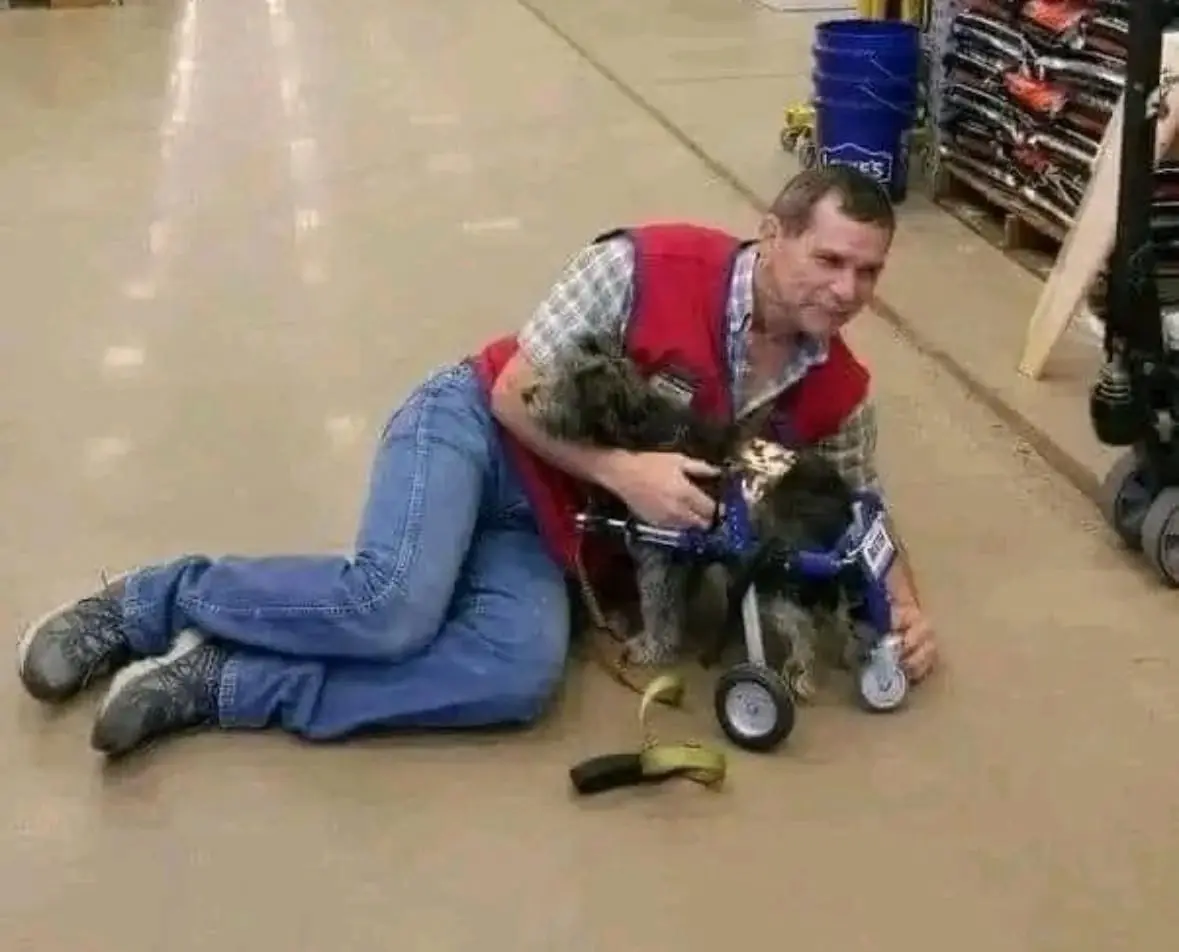
 Part I: The Dream That Took Over
Part I: The Dream That Took Over